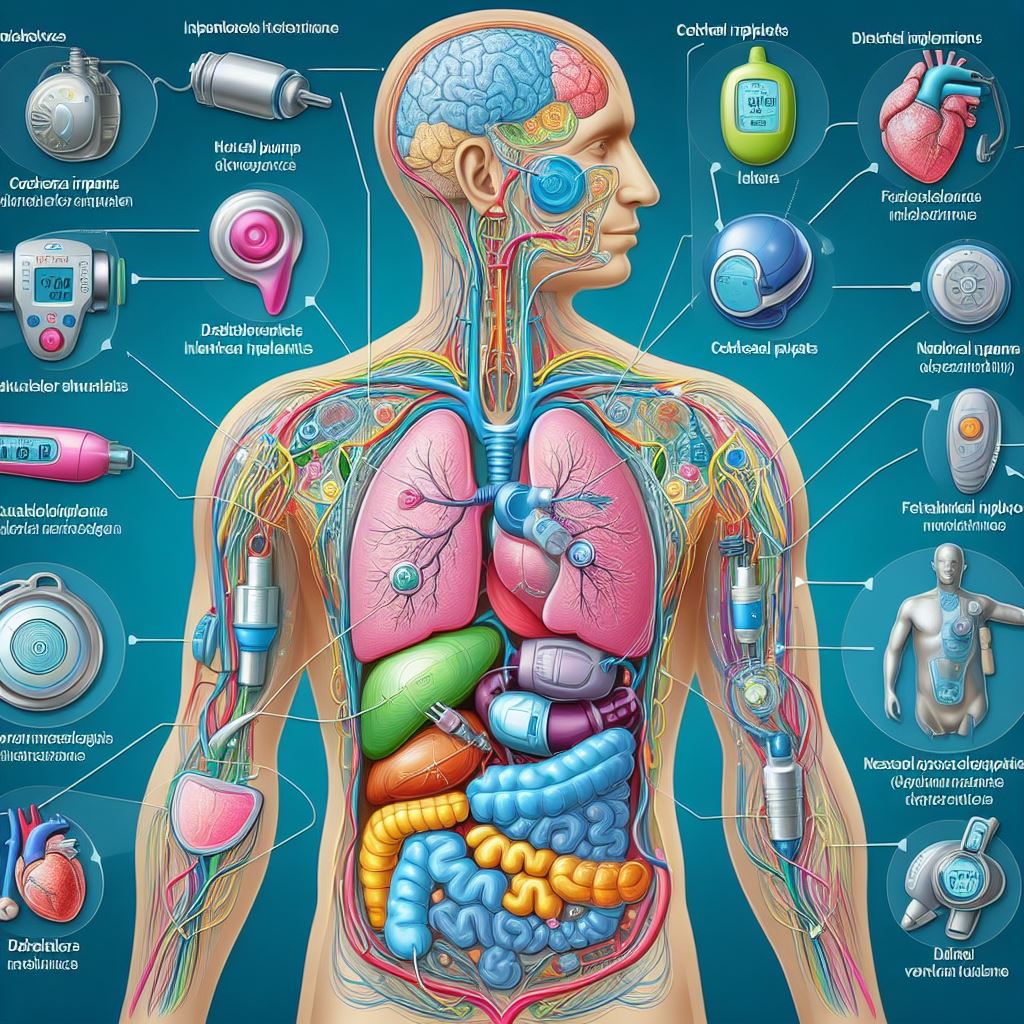In a world increasingly focused on technology, medicine is not left behind.
To the implantable technologies are becoming increasingly common and are revolutionizing the way we take care of our health.
From smart pacemakers to glucose monitoring chips, these technologies are transforming modern medicine.
They are enabling more accurate diagnoses, more effective treatments and continuous monitoring of patients' health.
These implantable technologies are changing the face of medicine, allowing doctors to monitor patients more effectively and provide more personalized treatments.
They are opening up new possibilities for treating a variety of medical conditions, from heart disease to diabetes.
Below you will see five implantable technologies that are changing the face of medicine.
Table of contents

Discover 5 implantable technologies that are innovating medicine:
1. Smart Pacemakers
Pacemakers have been an essential implantable technology in medicine for decades.
However, recent advances have led to the development of smart pacemakers.
These devices not only help regulate heart rhythm, but also collect and transmit data that can be used to adjust treatment.
2. Cochlear Implants
Cochlear implants are another form of implantable technology that has a significant impact on medicine.
These devices help restore hearing in people with certain types of hearing loss.
Recent advances are making these implants more effective and affordable.
3. Glucose Monitoring Chips
For people with diabetes, constant monitoring of blood glucose levels is essential.
Glucose monitoring chips are an implantable technology that can provide real-time readings of blood glucose levels.
This can help improve diabetes control and reduce the risk of complications.
4. Medication Implants
Medication implants are an implantable technology that can deliver controlled doses of medication over time.
This can be particularly helpful for conditions that require regular medication, such as chronic illnesses.
These implants can help ensure patients get the medication they need when they need it.
There is also the possibility of combining contraception and implants. Contraceptive hormonal implants are a form of long-term birth control that is inserted under the skin.
They are small, thin and flexible and release hormones to prevent pregnancy, known as etonogestrel.
5. Spinal Neurostimulators
Spinal neurostimulators are an implantable technology used to treat chronic pain.
These devices work by sending electrical impulses to the spinal cord, which can help block the sensation of pain.
Spinal neurostimulators are becoming an increasingly popular treatment option for people with chronic pain that does not respond to other treatments.
Conclusion:
To the implantable technologies are just beginning to show their true potential.
As technology advances, we can expect to see even more innovation in this area.
Medicine of the future will be more personalized, more effective and more patient-centric than ever before, thanks to the power and potential of implantable technologies. These technologies are allowing doctors to monitor patients more effectively and provide more personalized treatments.
They are opening up new possibilities for treating a variety of medical conditions, from heart disease to diabetes.
And as technology continues to advance, we're likely to see even more innovation in this area in the future.
Implantable technologies are revolutionizing medicine and have the potential to improve the lives of millions of people around the world.
As we continue to explore the potential of these technologies, we can expect to see even greater advances in medicine in the future.
Source: https://prodoctor.net/blog/futuro-da-medicina-tendencias-para-2023/









